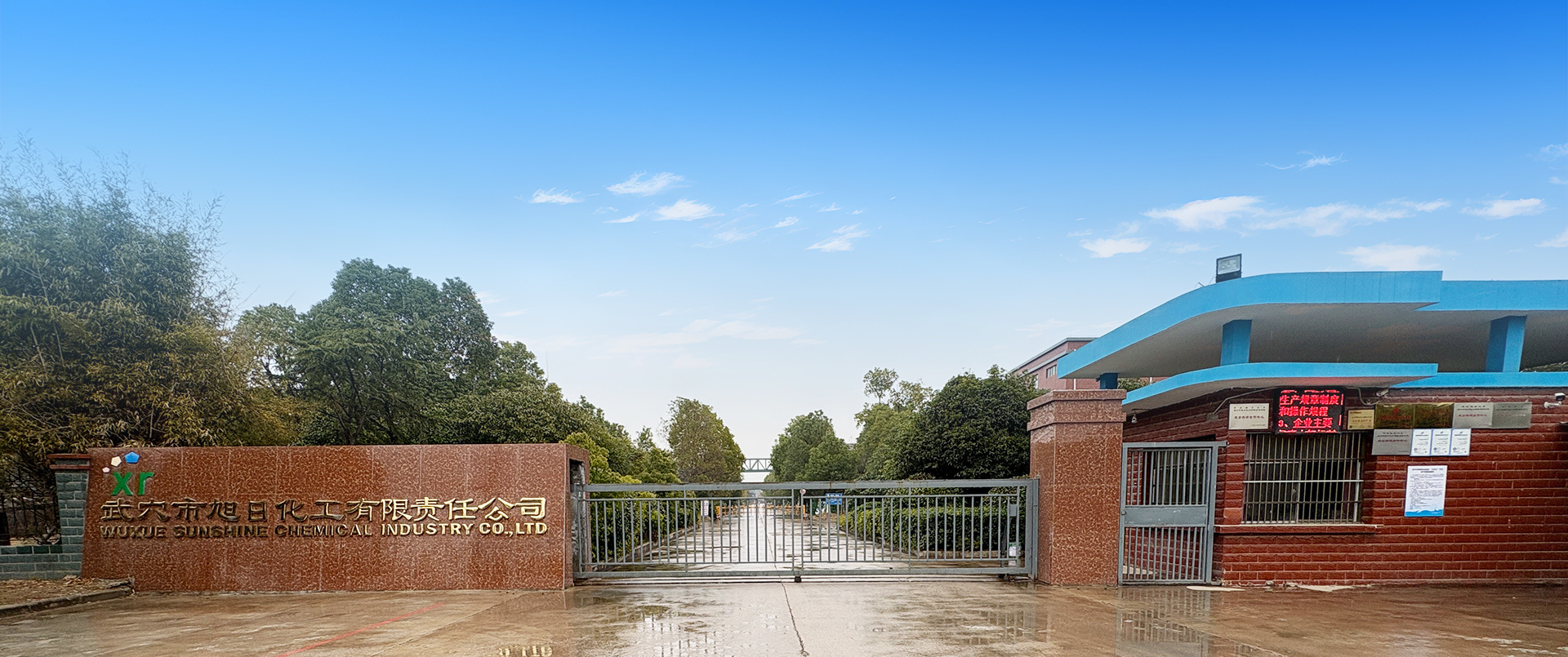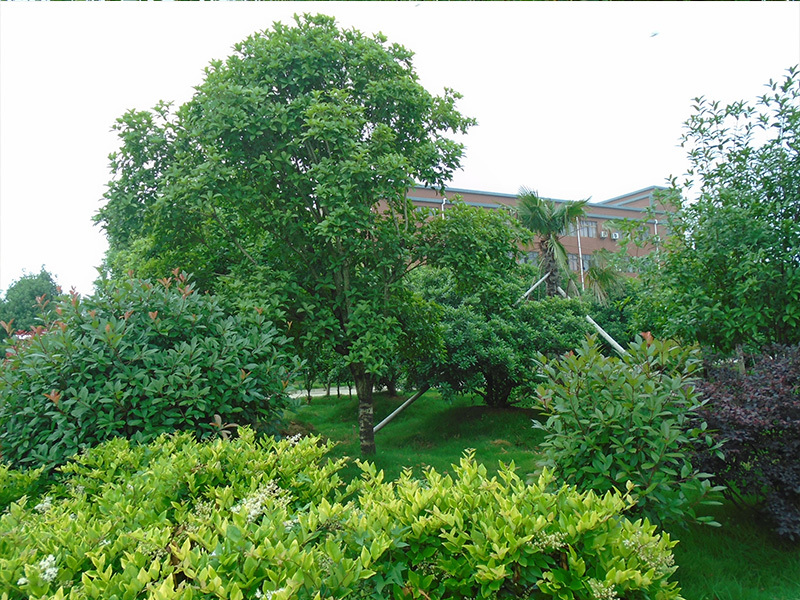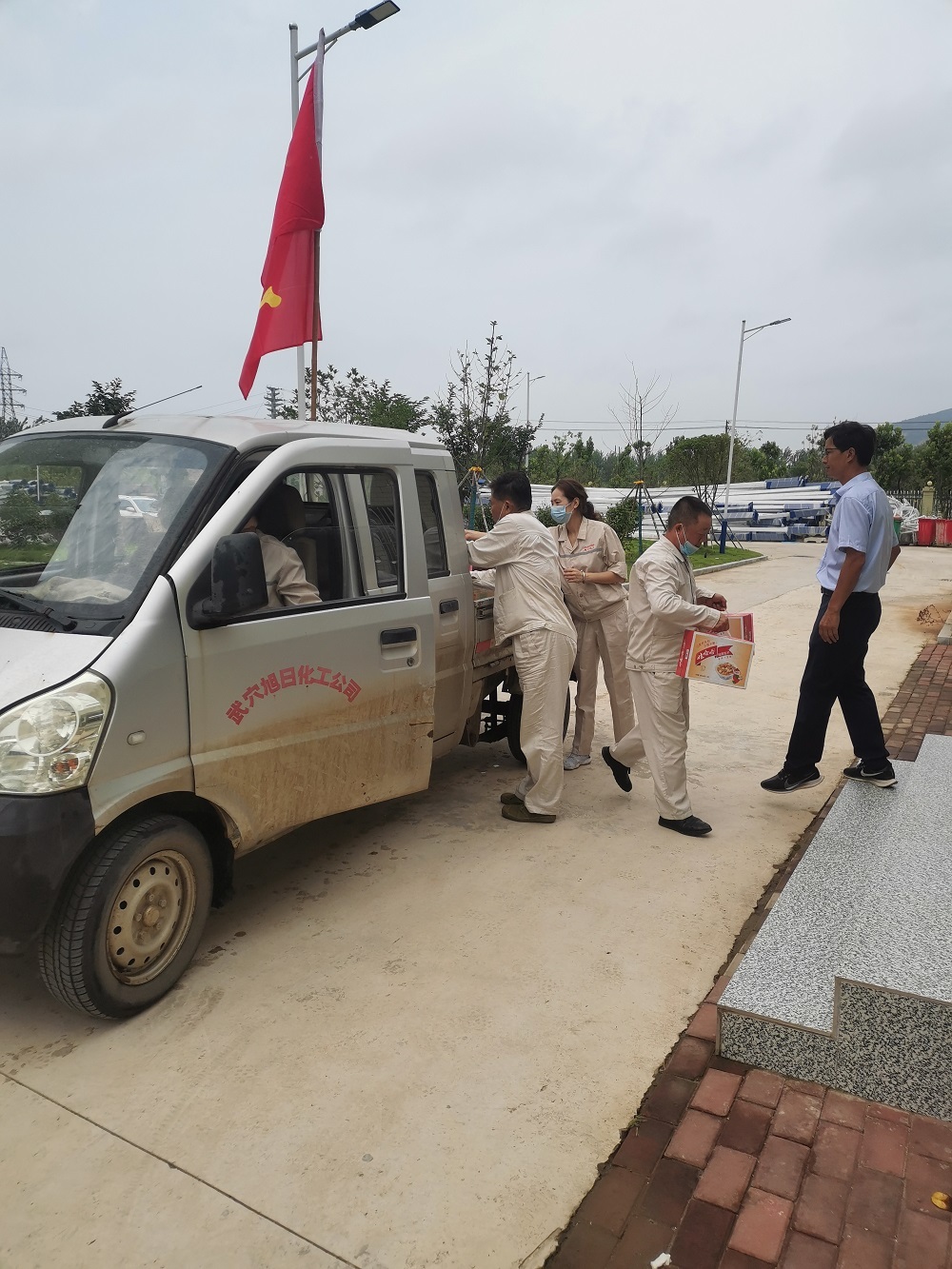N-o-methylphenyl-(N-hydroxy) methyl carbamate
Molecular formula: C₉H₁₁NO₃
Molecular weight: 181.19
Why choose us?
Wuxue Xuri Chemical Co., Ltd., founded in April 2006, is mainly engaged in the R & D, production and sales of pyraclostrobin technical drug, pharmaceutical intermediate, chemical intermediate, emulsifiable concentrate, powder and suspension concentrate, with a registered capital of 60 million yuan.
The company is based on advocating science and respecting talents. It is a high-tech enterprise and a three-level enterprise of safety production standardization.
Exquisite craftsmanship, highquality in the whole process
Adhering to the business philosophy of being responsible for customers, employees, shareholders and society
Collection of exquisite and exquisite products
The company's independent production, processing, sales of various products
Professional team controlsinnovation
Adhere to the market-oriented, concentrate on technological innovation and exquisite quantity of technology
BLOG






